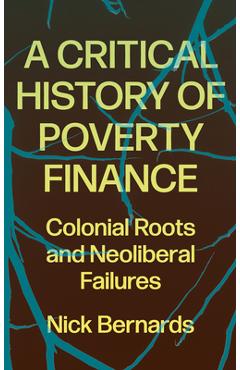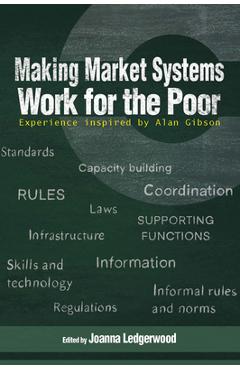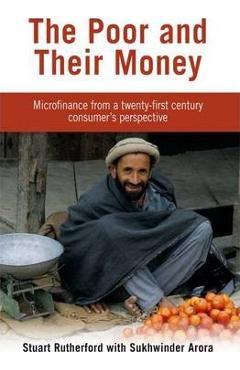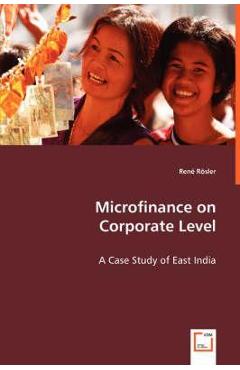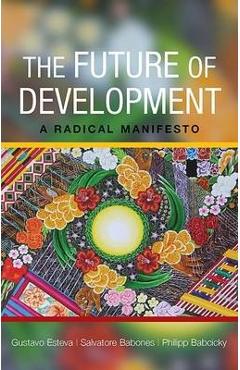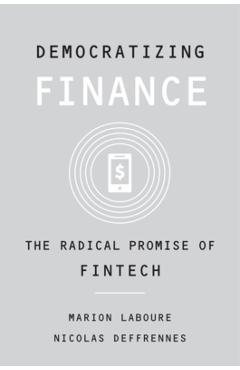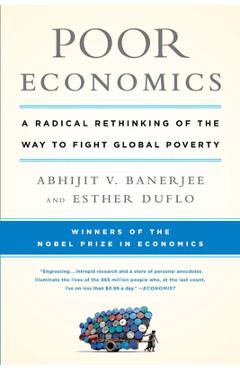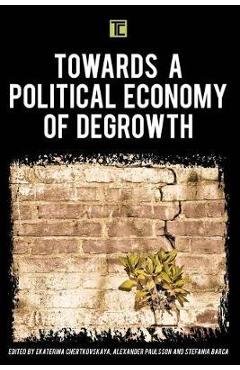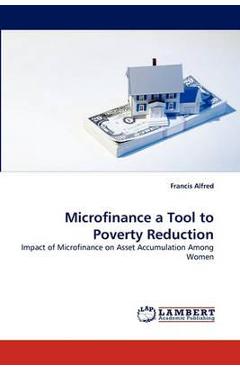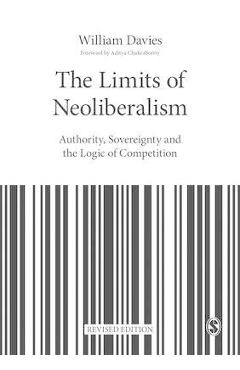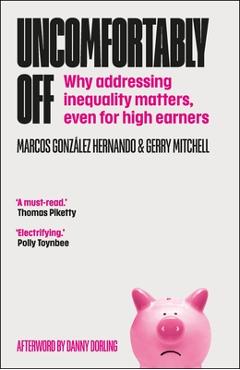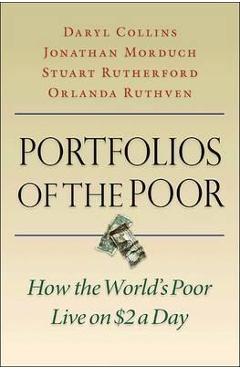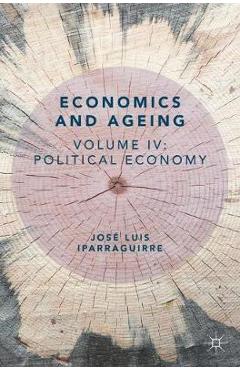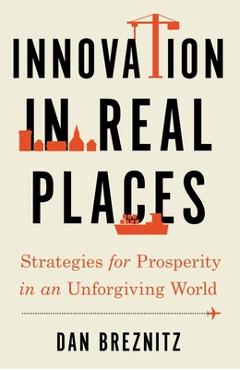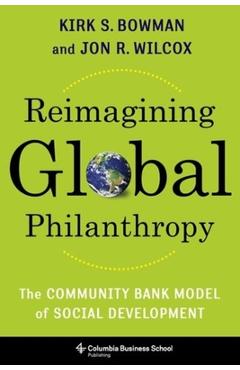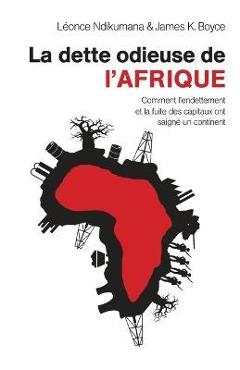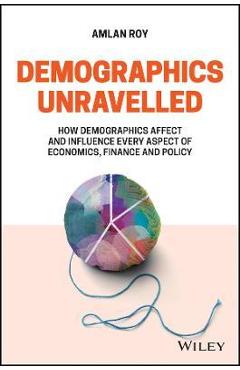We Are Not Able to Live in the Sky: The Seductive Promise of Microfinance
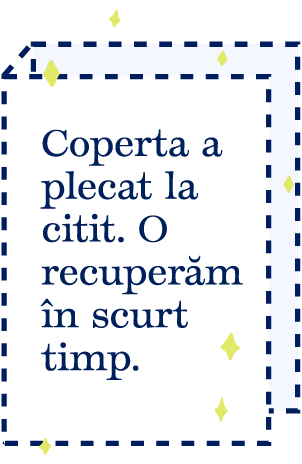
We Are Not Able to Live in the Sky: The Seductive Promise of Microfinance
A deeply reported work of journalism that explores the promises and perils of microfinance, told through the eyes of those who work in small-scale lending and women borrowers in West Africa
In the mid-1970s, Muhammad Yunus, an American-trained Bangladeshi economist, met a poor female stool maker who needed money to expand her business. In an act known as the beginning of microfinance, Yunus lent $27 to 42 women, hoping small credit would help them to pull themselves out of poverty. Soon, Yunus' Grameen Bank was born, and very small, often high-interest loans for poor people took off. In 2006, Yunus and the Grameen Bank won the Nobel Peace Prize "for...creat[ing] economic and social development from below." But there's a problem with this story. There are mounting concerns that these small loans are as likely to bury poor people in debt as they are to pull them from poverty, with borrowers from India to Kenya facing consequences such as jail time and forced land sales. Hundreds have even reportedly committed suicide. What happened? Did microfinance take a wrong turn, or was microfinance flawed from the beginning? Mara Kardas-Nelson's We Are Not Able to Live in the Sky is a story about unintended consequences, blind optimism, and the decades-long ramifications of seemingly small policy choices, rooted in the stories of women borrowers in Sierra Leone, West Africa; their narratives are set against the rise of Yunus's vision that tiny loans would "put poverty in museums," explored through a deep history of modern international development. Kardas-Nelson asks: What is missed with a single, financially-focused solution to global inequity that ignores the real drivers of poverty? Who stands to benefit and, more important, who gets left behind?PRP: 198.34 Lei
Acesta este Pretul Recomandat de Producator. Pretul de vanzare al produsului este afisat mai jos.
178.51Lei
178.51Lei
198.34 LeiIndisponibil
Descrierea produsului
A deeply reported work of journalism that explores the promises and perils of microfinance, told through the eyes of those who work in small-scale lending and women borrowers in West Africa
In the mid-1970s, Muhammad Yunus, an American-trained Bangladeshi economist, met a poor female stool maker who needed money to expand her business. In an act known as the beginning of microfinance, Yunus lent $27 to 42 women, hoping small credit would help them to pull themselves out of poverty. Soon, Yunus' Grameen Bank was born, and very small, often high-interest loans for poor people took off. In 2006, Yunus and the Grameen Bank won the Nobel Peace Prize "for...creat[ing] economic and social development from below." But there's a problem with this story. There are mounting concerns that these small loans are as likely to bury poor people in debt as they are to pull them from poverty, with borrowers from India to Kenya facing consequences such as jail time and forced land sales. Hundreds have even reportedly committed suicide. What happened? Did microfinance take a wrong turn, or was microfinance flawed from the beginning? Mara Kardas-Nelson's We Are Not Able to Live in the Sky is a story about unintended consequences, blind optimism, and the decades-long ramifications of seemingly small policy choices, rooted in the stories of women borrowers in Sierra Leone, West Africa; their narratives are set against the rise of Yunus's vision that tiny loans would "put poverty in museums," explored through a deep history of modern international development. Kardas-Nelson asks: What is missed with a single, financially-focused solution to global inequity that ignores the real drivers of poverty? Who stands to benefit and, more important, who gets left behind?Detaliile produsului










